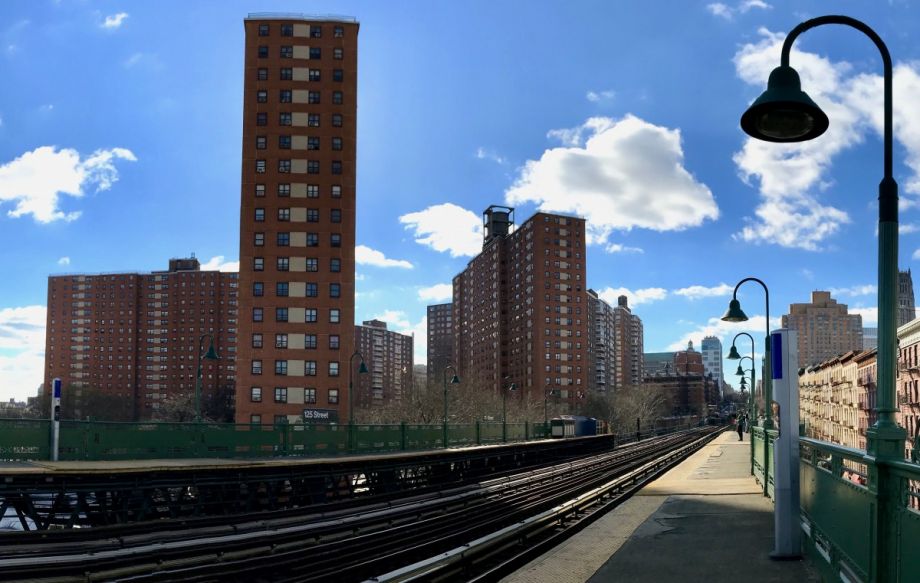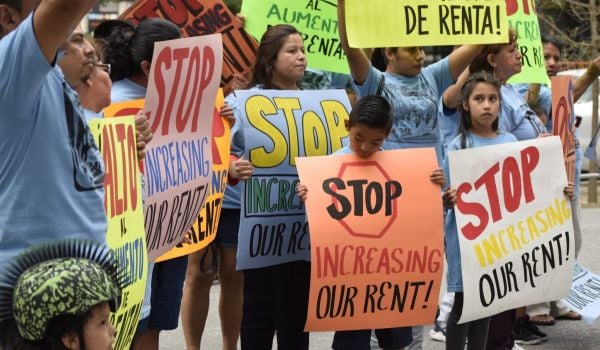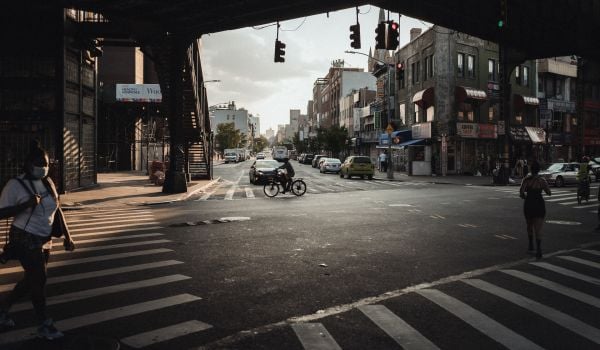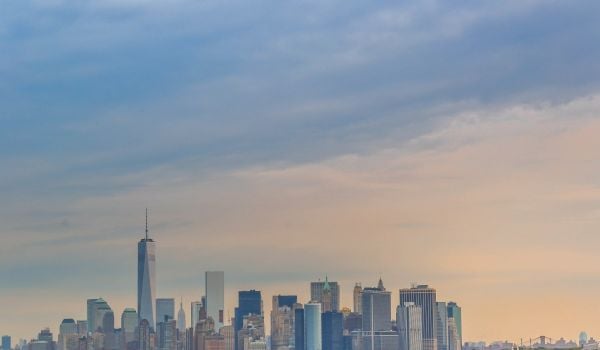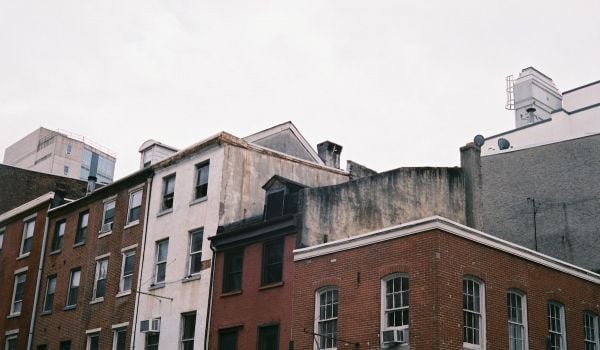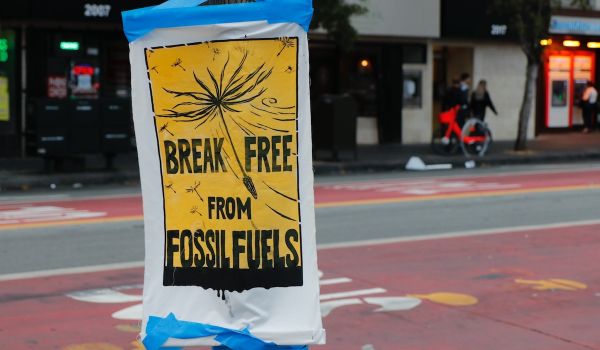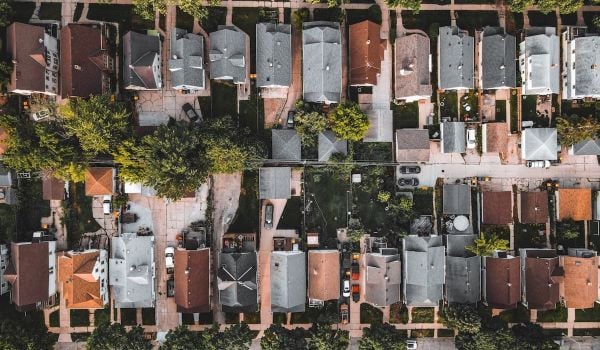Tracking COVID-19 Outbreaks in NYC Public Housing Buildings
“[The New York City Housing Authority]’s 2,200 densely populated buildings, like MTA buses and subways, are probably virus hot spots,” New York Magazine reports. The alarming report details a “lethargic response” by New York City Housing Authority officials to the outbreak of COVID-19 in New York. Already in deep need of maintenance and repairs, many of the buildings are not being regularly cleaned or disinfected, despite assurances that they would be, according to the report. One reason may be unsafe working conditions for the people whose job it is to disinfect common areas. Those workers lacked soap and paper towels, and were being provided with an inadequate cleaning detergent, according to the report. Moreover, there was no protocol in place for isolating workers who became infected with the virus, the report says, and NYCHA was slow to provide face masks for workers as well.
“Add it up — weeks of working without masks, soap, sanitizer — and many NYCHA employees are no longer coming to work … between workers who are ill and who must stay home to care for their school-age children, the average development is down to half its usual staff. If on-site caretakers cannot, or will not, show up, the buildings probably aren’t going to stay safe,” the report says.
Additionally, according to the report, there doesn’t seem to be reliable data about where and how many coronavirus infections are occurring among NYCHA residents and workers. The report follows an earlier story in Politico about a spike of in-home deaths among NYCHA properties.
Landlords Violating Eviction Moratoria
Some landlords have continued to file evictions to remove tenants from their homes in violation of rules passed as part of the CARES Act last month, according to a report from ProPublica. The Act banned evictions in any apartments with federally backed mortgages, which applies to around 12.3 million apartments, or a quarter of all rental units in the U.S., according to an Urban Institute report. But ProPublica found records of eviction notices affecting at least 100 people in properties covered by the CARES Act in four states, based on a limited review.
“ProPublica found building owners who are simply not following the law, with no apparent consequence, filing to evict tenants from properties in Georgia, Oklahoma, Texas and Florida,” the report says. “The scores of cases ProPublica found represent only a small slice of the true total because there’s no nationwide — or, in many cases, even statewide — database of eviction filings.”
Some landlords were also charging late fees in violation of the CARES Act, according to the report. There’s no central database of covered properties to help tenants know whether the eviction ban applies to their homes, the report notes. Some of the landlords who had filed for evictions rescinded the notices after being contacted by ProPublica, according to the story. But national industry groups are lobbying to have eviction rules loosened, even as housing advocates are pushing for stronger, more widely applied protections, the report notes.
Universities Provide Emergency Housing in Ohio
Three universities around Canton, Ohio, are offering rooms in empty student dormitories to local health workers during the coronavirus outbreak, according to a FOX 8 news report. Malone University, Walsh University and the University of Mount Union are providing rooms where workers at Aultman and Mercy hospitals in Canton can clean up after shifts and help prevent spreading any potential infection to their families.
“We have ten residence halls here where there may be a situation where as this unfolds the medical workers themselves may be uncomfortable returning to their own homes and possibly putting their families at risk,” said Tim Collins, president of Walsh University, according to the report.
Walsh University was also offering gymnasium space and parking lots for any emergency needs, the report says. Students began to vacate universities around the United States in mid-March, and many campuses have completely shut down except for essential workers. Some other universities, like Thomas University in Thomasville, Georgia, have been offering empty dorm rooms for first responders and healthcare workers to self-isolate. Students at Harvard University started a petition in late March to use residence halls to house people experiencing homeless, according to a report in the Harvard Crimson.
This article is part of Backyard, a newsletter exploring scalable solutions to make housing fairer, more affordable and more environmentally sustainable. Subscribe to our weekly Backyard newsletter.

Jared Brey is Next City's housing correspondent, based in Philadelphia. He is a former staff writer at Philadelphia magazine and PlanPhilly, and his work has appeared in Columbia Journalism Review, Landscape Architecture Magazine, U.S. News & World Report, Philadelphia Weekly, and other publications.
Follow Jared .(JavaScript must be enabled to view this email address)



